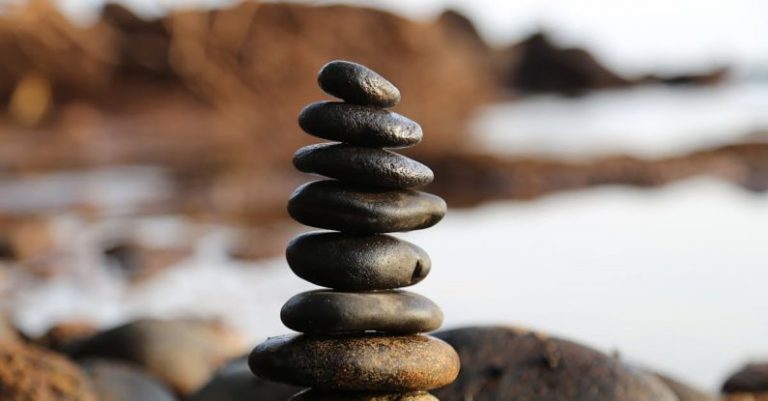
The profound connection between the mind and body has been a topic of fascination and exploration for centuries. In today’s fast-paced world, where stress and anxiety have become commonplace, many individuals are seeking holistic approaches to promote overall well-being. One such method that has gained immense popularity is yoga. This ancient practice not only enhances physical flexibility and strength but also plays a crucial role in fostering a deep mind-body connection. Let’s delve into the various ways in which yoga facilitates this intricate relationship.
**Understanding the Mind-Body Connection**
The mind-body connection refers to the intricate relationship between our thoughts, emotions, and physical health. It recognizes that our mental and emotional states can significantly impact our physical well-being and vice versa. When we experience stress, anxiety, or negative emotions, our bodies often manifest these feelings through physical symptoms such as muscle tension, headaches, or digestive issues. Conversely, physical discomfort can also influence our mental state, leading to feelings of frustration, irritability, or low energy.
**Yoga as a Path to Mind-Body Harmony**
Yoga, with its emphasis on breath awareness, mindfulness, and movement, serves as a powerful tool to bridge the gap between the mind and body. Through the practice of various yoga poses (asanas), individuals learn to tune into their bodies, cultivate present-moment awareness, and release tension stored in different muscle groups. This physical aspect of yoga not only enhances flexibility and strength but also allows practitioners to develop a deeper understanding of their bodies and physical sensations.
**Breathwork and Mindfulness in Yoga**
Central to the practice of yoga is pranayama, or breathwork. By focusing on the breath and synchronizing it with movement, individuals can calm the mind, reduce stress, and enhance their overall sense of well-being. The breath serves as a bridge between the conscious and unconscious aspects of our being, allowing us to tap into our inner resources and cultivate a sense of inner peace.
Mindfulness, another key component of yoga, involves paying attention to the present moment without judgment. Through mindfulness practices such as meditation and body scans, individuals can observe their thoughts and emotions without getting entangled in them. This awareness helps cultivate a sense of detachment from negative thought patterns and fosters a greater sense of self-compassion and acceptance.
**Emotional Release and Self-Exploration**
Yoga provides a safe space for individuals to explore and release stored emotions and tensions held in the body. As practitioners move through different poses and sequences, they may encounter physical discomfort or resistance, which can mirror emotional blocks or unresolved issues. By approaching these sensations with curiosity and compassion, individuals can work through emotional barriers and cultivate a greater sense of emotional freedom and well-being.
**Cultivating Resilience and Balance**
Through regular practice, yoga helps individuals develop resilience and balance in the face of life’s challenges. By fostering a strong mind-body connection, practitioners can better navigate stress, anxiety, and adversity with grace and equanimity. Yoga teaches individuals to listen to their bodies’ signals, honor their limitations, and respond with kindness and self-care.
**Empowering Self-Healing and Transformation**
Ultimately, yoga empowers individuals to embark on a journey of self-healing and transformation. By integrating the physical, mental, and emotional aspects of their being, practitioners can cultivate a sense of wholeness and interconnectedness. Through the practice of yoga, individuals can tap into their inner strength, wisdom, and resilience, leading to profound personal growth and holistic well-being.
**In Conclusion**
In conclusion, yoga serves as a potent catalyst for fostering a deep mind-body connection. By integrating breathwork, mindfulness, emotional release, and self-exploration, individuals can cultivate resilience, balance, and self-healing. Through the practice of yoga, individuals can embark on a transformative journey that nurtures their physical, mental, and emotional well-being, ultimately leading to a harmonious and integrated sense of self.





